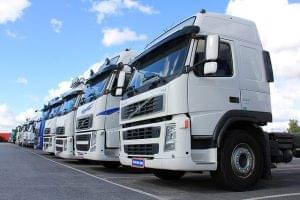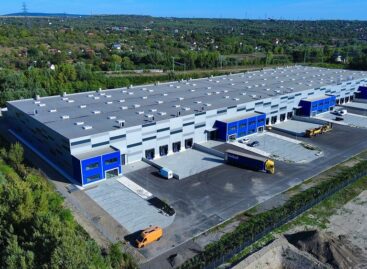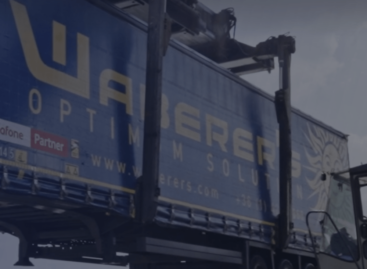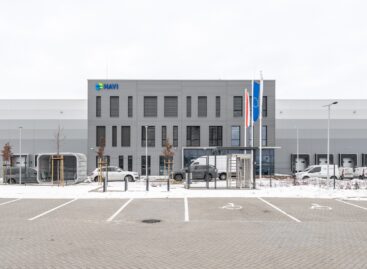MLSZKSZ: Intermodal and sustainable transport is getting new impetus
On July 31, the Minister of Energy published Decree No. 18/2025. (VII. 31.), which creates new opportunities for those operating in the transport sector in the Energy Efficiency Obligation System (EKR). The new regulation allows, among other things, the replacement of outdated trucks, forklifts, buses, locomotives with more modern, more energy-efficient devices, and provides support for the transition to intermodal transport. Professional cooperation was exemplary: the amendments were implemented under the guidance of the Ministry of Energy, with the joint work of MLSZKSZ, HUNGRAIL, MKFE and NiT Hungary.
 When the road, rail and logistics professions sit at one table and pull in the same direction together with state regulation, it not only creates a new regulation, but also a new era. The ministerial decree, effective from 1 August 2025, amending the rules of the Energy Efficiency Obligation Scheme (EKR), is just such a turning point. After a long time, it offers the transport sector new, meaningful support opportunities that represent a real green transition and a competitive advantage – especially in the field of intermodal transport.
When the road, rail and logistics professions sit at one table and pull in the same direction together with state regulation, it not only creates a new regulation, but also a new era. The ministerial decree, effective from 1 August 2025, amending the rules of the Energy Efficiency Obligation Scheme (EKR), is just such a turning point. After a long time, it offers the transport sector new, meaningful support opportunities that represent a real green transition and a competitive advantage – especially in the field of intermodal transport.
Exemplary professional cooperation
The background to the legislative amendment is the result of exemplary professional cooperation: in addition to the guidelines of the Ministry of Energy, the Hungarian Logistics Service Centers Association (MLSZKSZ), the HUNGRAIL Hungarian Railway Association, the Hungarian Road Carriers Association (MKFE) and NiT Hungary jointly developed the content of the new catalogue sheets. The aim of the joint work was to create a regulatory framework that works in practice – serving the EU energy efficiency goals at the same time and supporting the technological and sustainability development of market players.
The new regulation will allow for the replacement of old, outdated vehicles – such as buses with at least eight passengers, trucks over 3.5 tonnes, diesel locomotives and multiple units – if the new vehicles are more energy-efficient, zero-emission or use other non-fossil fuel technology. The replacement of fossil fuel-powered forklifts, which are widely used in logistics, with environmentally friendly, more modern alternatives will also be eligible for support.
Related news
Record investments, new growth paths – Hungary will be present as an attractive investment destination at MIPIM
🎧 Hallgasd a cikket: Lejátszás Szünet Folytatás Leállítás Nyelv: Auto…
Read more >The domestic logistics market has been expanded with a unique cold storage facility: the new headquarters of HAVI Logistics have been opened
🎧 Hallgasd a cikket: Lejátszás Szünet Folytatás Leállítás Nyelv: Auto…
Read more >Related news
(HU) METRO Gasztro Fesztivál a SIRHA Budapesten – Élmény, inspiráció és valódi megoldások a HoReCa-szakmának
🎧 Hallgasd a cikket: Lejátszás Szünet Folytatás Leállítás Nyelv: Auto…
Read more >








